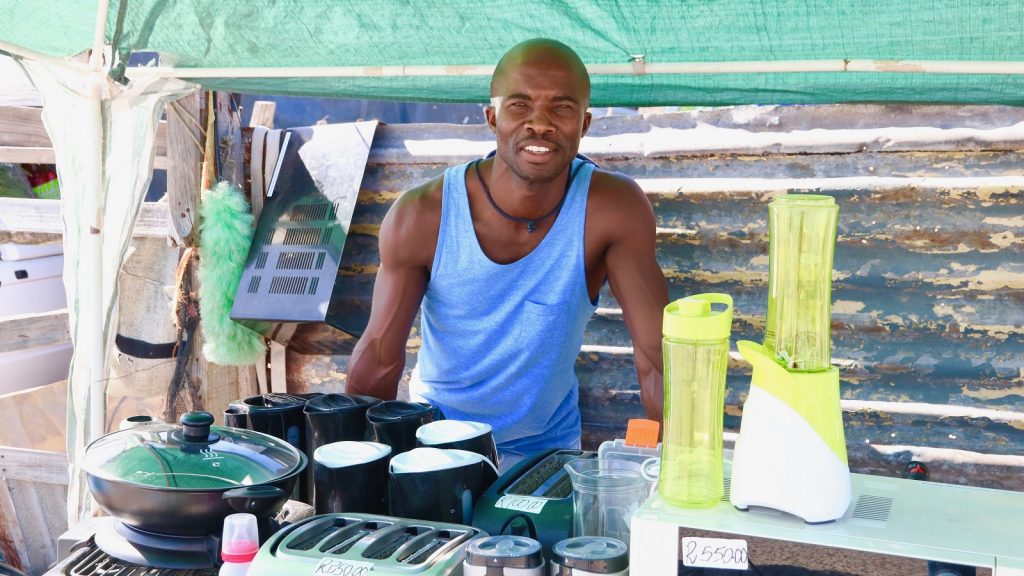Artificial Intelligence (AI) is no longer just a buzzword. It is embedded in everyday work, from drafting emails to automating entire workflows. For Memeburn’s…
New programme offers opportunities for unemployed South Africans

South African E-waste recycling group The Appliance Bank (TAB) has joined the Sustainable Recycling Industries (SRI) programme. The partnership will offer additional employment opportunities for locals.
The non-government organisation announced the news on 10 May.
TAB will support the SRI project in South Africa by scaling up its local impact
The pilot project will start in iLembe in Kwazulu Natal. The NGO will work with waste pickers and supply them with technical appliance repair training.
“We are extremely excited to be onboard and honoured that the SRI team reached out to us to join the conversation and be part of this wonderful initiative,” said TAB co-founder and CEO, Tracey Gilmore in a statement.
“South Africa can only benefit from projects like the SRI that will create a more inclusive economy and contribute to sustainable growth.”
The Appliance Bank provides e-waste repair training
Established in 2015 as a part of the non-profit group, The Clothing Bank, TAB offers a two-year training programme for unemployed men to set up their own businesses. They teach the men to repair donated appliances and then sell them for a profit in their communities.
Last year, 89 TAB-trained businessmen sold goods for a profit of R5.4-million. The men recycled about 22 000 e-waste items.
According to the e-Waste Association of South Africa (eWasa), South Africans each generate around 6.2 kilograms of e-waste. The Department of Environmental Affairs estimates that 360 000 tonnes of e-waste are generated annually.
“Apart from all the research learnings we will obtain from the SRI project, it provides an essential platform to build on our programme through improving our training material, continuing our contribution to improving our country’s entrepreneurial ecosystem and, aiding job creation,” Gilmore explained.
The SRI programme is currently in its second phase running from 2019 to 2023. The objective during the second phase is to create favourable conditions for a sustainable recycling industry.
Global SRI participants include South Africa, Egypt, Columbia, Peru, and Ghana.
Read more: United Nations launches global competition for food startups and SMEs
Read more: Local foodtech startup secures funding
Feature image: Supplied/TAB


